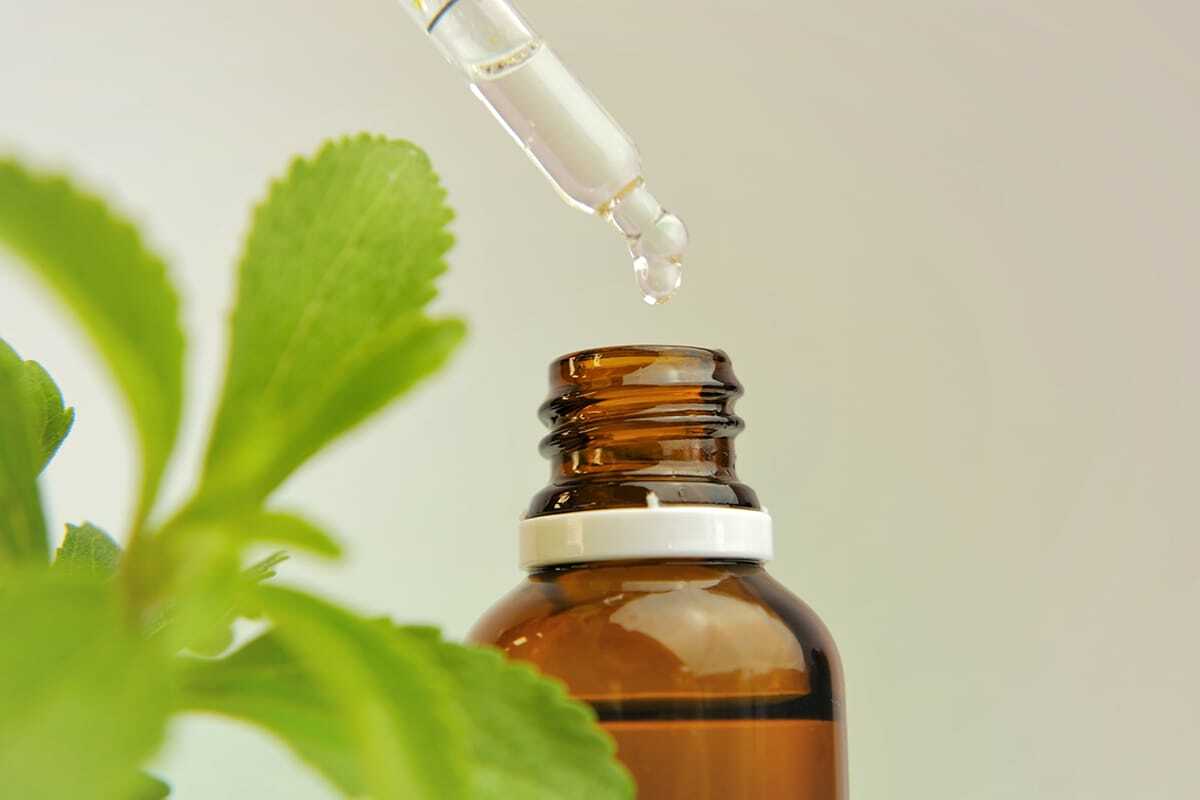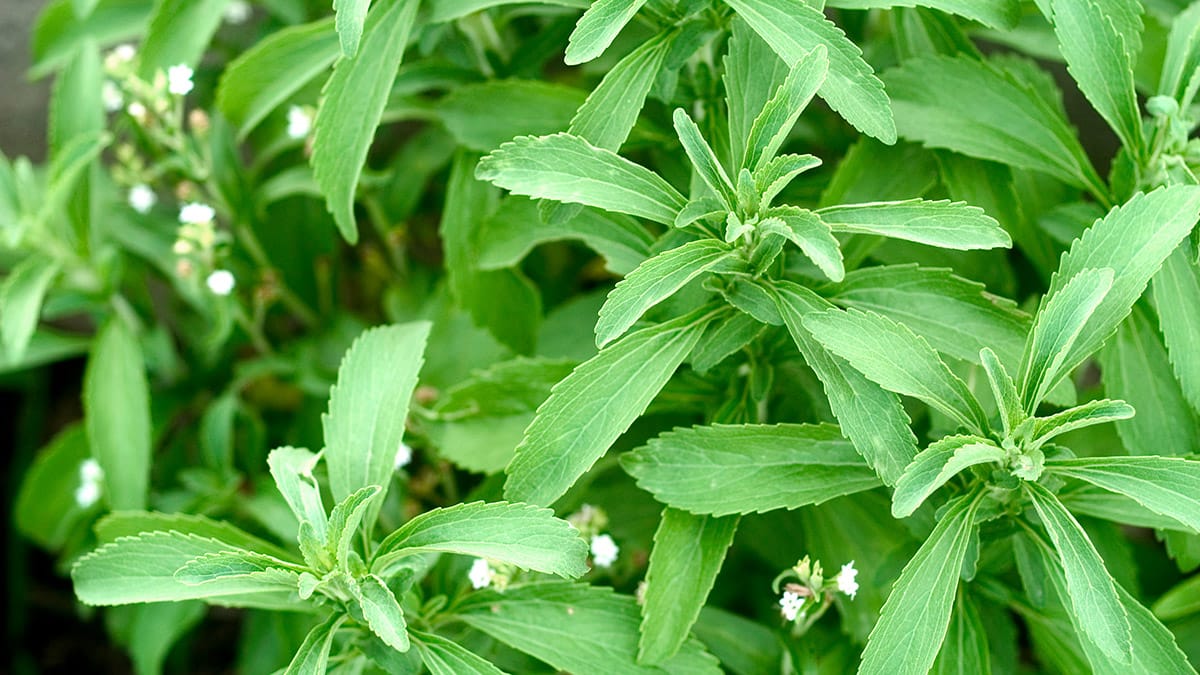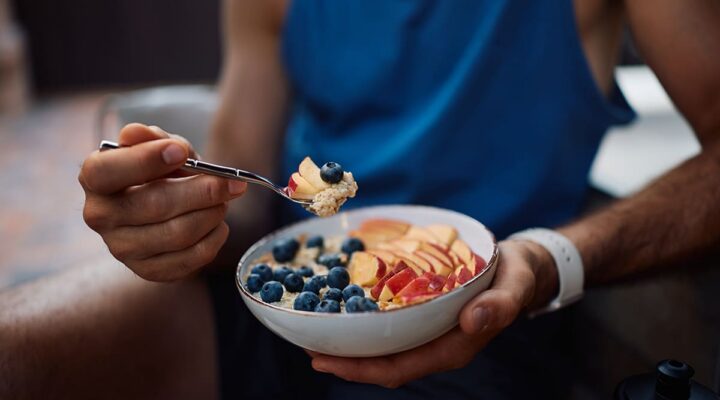Ask Dr Adam: Does Stevia Mess With Your Microbiome?

A spoonful of sugar might make your morning flat white taste more appealing, but health experts warn that too much of the sweet stuff isn’t great for your health – countless studies have linked it to weight gain, insulin spikes and an increased risk of heart disease.
If you’re looking to cut back gradually, you’ve probably considered switching to stevia. This plant-based sweetener has practically zero calories, making it an appealing option for anyone watching their waistline. But lately, some experts have been questioning whether stevia could mess with your gut health, throwing your microbiome out of whack and disrupting digestion.
So, is there any truth to the concerns, or is this just another TikTok health myth? We asked Form’s Head of Nutrition, Dr. Adam, to break it down…
What is the current controversy around sweeteners?
Artificial sweeteners are used to provide sweetness without adding calories to food and beverages, but some have been under scrutiny lately, with growing public scepticism over whether they’re truly a healthier alternative to sugar.
It’s important to make a distinction between stevia, which is a plant-based sweetener, and non-nutritive sweeteners like aspartame, saccharin and sucralose which are artificial.
By design, all sweeteners are digested or absorbed in the body, meaning they provide little to no usable calories. Instead, they travel down to the lower gut and large intestine, where your resident gut bacteria come into play. Unlike protein and fat, the microbiome in this region is mostly influenced by non-digestible carbohydrates (like fibre and resistant starch) which gut bacteria ferment for energy.
Sweeteners can also serve as fuel for these microbes. Some bacteria break them down into short-chain fatty acids (SCFAs), which may contribute a small number of calories. Over time, altering this fuel supply can potentially shift the balance of bacteria in your gut, favouring those that thrive on the available nutrients.
This idea forms the backbone of the argument that artificial sweeteners might negatively, or positively, impact gut health. There’s also speculation that they could damage the gut lining.

Do studies support these claims?
Only when it comes to those artificial, non-nutritive sweeteners. So far, the strongest evidence suggests that certain types of these sweeteners, specifically saccharin and sucralose, can negatively alter gut bacteria, leading to glucose intolerance.
However, these findings are largely based on mouse studies, with human data relying on associations rather than direct cause-and-effect relationships. It’s also important to remember that while the microbiome reflects dietary changes, other lifestyle factors have physiological effects independent of gut bacteria.
Where does stevia stand?
Stevia refers to steviol glycosides, compounds extracted from the leaves of the stevia rebaudiana plant. It’s a relative newcomer in the sweetener world, and as we mentioned earlier, it’s a natural, plant-derived sweetener, rather than an artificial one.
That said, it goes through purification and processing before being used as a sugar substitute.
When it comes to the question of whether stevia can cause gut health issues, current research suggests it doesn’t have a significant impact on our gut microbiota. Animal studies reveal that while stevia reaches the lower gut and is broken down by bacteria, it doesn’t appear to alter the microbiome itself.
Regarding the effect on humans, two studies published in 2024 shed some light. The first, a four-week crossover study, found no significant changes in gut bacteria or SCFA production when participants consumed stevia compared to a control period. The second, a smaller and less controlled 12-week randomised trial, also showed no significant shifts in gut microbiome composition among those supplementing with stevia.
So, does stevia disrupt your gut? Based on current evidence, probably not. It also appears to be a more gut-friendly choice than other artificial sweeteners on the market.


















